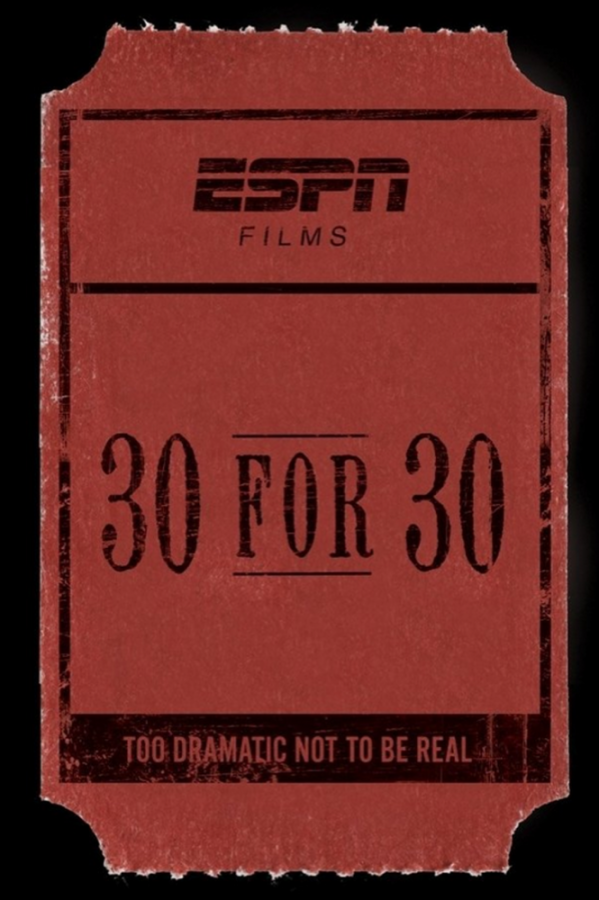I don’t know about you, but I hate Frank Kaminsky. Due to his performance against the UA the last two years in the Elite Eight, I will be incapable of rooting for Kaminsky for the remainder of my life. Anything but an outpouring of contempt is unlikely. The “Frank Kaminsky” for all of college basketball, regardless of school allegiances, is Christian Laettner.
“I Hate Christian Laettner,” the latest in ESPN’s acclaimed “30 for 30” documentary series, attempts to answer the question: Why is this guy still vehemently hated over 20 years after his playing career ended?
Laettner polarizes fans into two groups: the Laettner apologists and those who hate him with the fury of a thousand suns. There simply isn’t any middle ground.
The most obvious reason for the backlash against Laettner lies in his Duke legacy. Laettner is Duke basketball distilled in human form. If Duke coach Mike Krzyzewski became a deity and breathed life into a basketball player made in his own image, that player’s name would be Christian Laettner. And who hates Duke basketball? Well, a lot of people. As a result, the Laettner Hater Club looms large.
The reasons to hate Duke basketball abound. Duke supporters preach about what they see as gritty, disciplined, team players. Others see white, privileged players who are not only boring and soft but also endlessly whiny.
“I Hate Christian Laettner” spends much of its runtime exploring the dichotomy of this phenomenon. Why do fans see players they assume are part of the “1 percent” when, in fact, most players come from blue-collar backgrounds? Laettner himself came from Buffalo, N.Y., as the son of Polish immigrants. This privileged reputation proved to be the least of Laettner’s problems.
Players such as Jay Bilas and Danny Ferry preceded Laettner as the prototypical Duke front-court player: a big white guy with a reputation for playing dirty. Laettner arrived at Duke in the early ’90s. This was the heyday of the University of Nevada, Las Vegas, Runnin’ Rebels, an all-time great team whose players were mostly black. UNLV paved the way for the Michigan Fab Five, baggy shorts and the idea that basketball players could be a standard for cool.
Laettner and “cool” are not similar concepts. He did, however, upset the fan-favorite Runnin’ Rebels in the 1991 NCAA championship. With that championship, Duke had become The Institution. No one wants to root for the favorites, especially if they have the reputation of a dirty bully.
Laettner does not deny his reputation for playing a borderline dirty game and instead opts for the descriptor of “competitiveness.” Elbows played a key role in Laettner’s physical play, as evidenced by a gash to the eye of rival University of North Carolina center Eric Montross and an infamous physical retaliation by an aggravated University of Connecticut center Rod Sellers. The incident most remembered involved Laetnner stomping on Aminu Timberlake in the 1992 Elite Eight matchup against the University of Kentucky.
Of course, the most memorable shot in NCAA history took place in the very same game, as Laettner capped off his perfect game with a buzzer beater to win. Laettner’s undeniable greatness contributes to his animosity: He went to four straight Final Fours, is a two-time NCAA champion, and holds the NCAA Tournament record for points and games played.
“I Hate Christian Laettner” dissects the anatomy of “sports hate,” the cultural phenomenon of hating a player solely because they play a game. His actions on the court gave him a reputation of disdain, but it was the storm of external factors that led to the myth of Christian Laettner: the perception of his privilege and arrogant bullying nature, the personification of Duke basketball and, ultimately, the greatness of his play.
There are only a few constants in life: death, taxes and hating Laettner. Despite the efforts of “I Hate Christian Laettner” to humanize its namesake, I still “hate” Christian Laettner, and I bet you do, too.
_______________
Follow Alex Furrier on Twitter.









